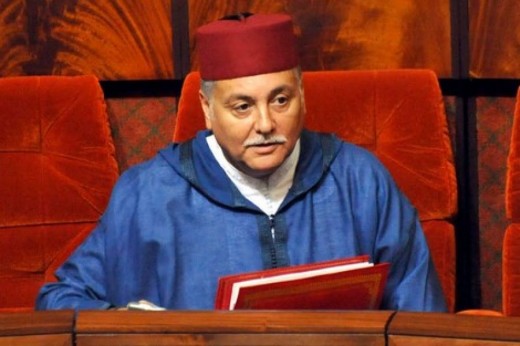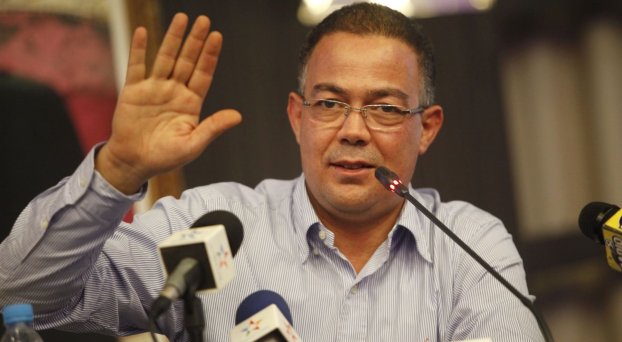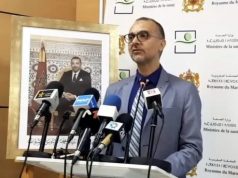TUNIS, TUNISIA—There has certainly been unprecedented change in the Arab world since the popular uprisings that has rocked old-ageing regimes. People power has played a crucial role in this regime-change. Although some of what people aspired for has happened, for some others in the region their dreams have been dashed out. While the transitional process has failed in Egypt, Yemen, and Libya, to some extent, Tunisia has emerged somehow victorious.
One reading of the results of the legislative elections held on the 23rd of October 2014 reveals that polarization hallmarks the political scene. The victory of the secular Nidaa Tounes party in these elections and the defeat of its main rival, the Islamist party Ennahda, is considered a stab to the fledgling democracy in the region. This winning party is a mixture of figures of the old regime and other leftists whose ideology dovetails with that of the Bourguiba regime. We all agree that when Tunisians thronged to the streets in late December 2010 and the budding months of 2011, they in fact revolted against five decades of injustice, oppression and corruption. That’s why the coming of old guard figures is a setback to the revolution. Another reading sees these results as a reflection of the state of dissatisfaction of the way the Troika (a coalition of three political parties: Ennahda, Ettakatol and C.P.R.) managed the country during 2012 until early 2014. Voters voted for Nidaa Tounes simply because they consider it the alternative that will put Tunisia back on the right track. Both readings, however, should not exclude the fact that there are other factors that have led to such output.
The state of unrest that has characterized the Tunisian street coupled with the division of the different strands of society that worked together to topple the despotic regime have paved the ground for the upsurge of polarization. The promises that were made by the Troika when they took the reins of power have not been met. The efforts that were invested in toppling the Troika from inside and outside our borders were stronger than the efforts that worked hard to make Tunisia a successful story for the entire region. Undeniably, the ousting of Mohamed Morsi in Egypt; the eruption of violence in Libya; the slow pace of change in Yemen; the economic crisis that has engulfed EU countries over the last years has impacted Tunisia negatively and have undoubtedly hobbled the smoothness of the democratic transitional process. The deep-seated issues that need to be addressed by the troika like the transitional justice, the barring of the ex- regime members to run for legislative and presidential elections have been either delayed or deemed needless in a time where the unpredicted scenarios could manifest itself at any time. For this reason the Ennahda party decided to boycott the vote in motion for barring the return of old regime members to the political scene and instead relied on the awareness of Tunisians to freely decide over their exclusion in the ballot boxes. This reliance on the awareness of the people was miscalculated. Media outlets in Tunisia have worked tirelessly to shape people’s opinion vis-à-vis those in command. Put differently, neutrality and professionalism were absent, in various degrees, in the coverage of what is happening in Tunisia; as if the major objective was to create a sense of mistrust between the people and the ruling coalition. All these factors commingled may have helped shape the results of the legislative elections before its due time.
The major lesson to be drawn from this short analysis is that people’s political awareness is still in its infancy. Polarization exerts only a pull back which is unlikely to help any nation move forward. Thus, it is high time for the civil society to work hard and invest heavily in making each citizen aware of her/his role in building a successful story of a country emerging from the ruins of decades of dictatorship. Once this noble goal accomplished, only then we could boldly talk of people power.
[symple_box color=”blue” text_align=”left” width=”100%” float=”none”]
Imed Lassoued is a Tunisian journalist. He earned his Bachelor’s degree in literature from the Faculty of Arts, Letters and Humanities La Manouba of Tunis, Tunisia.
[/symple_box]





